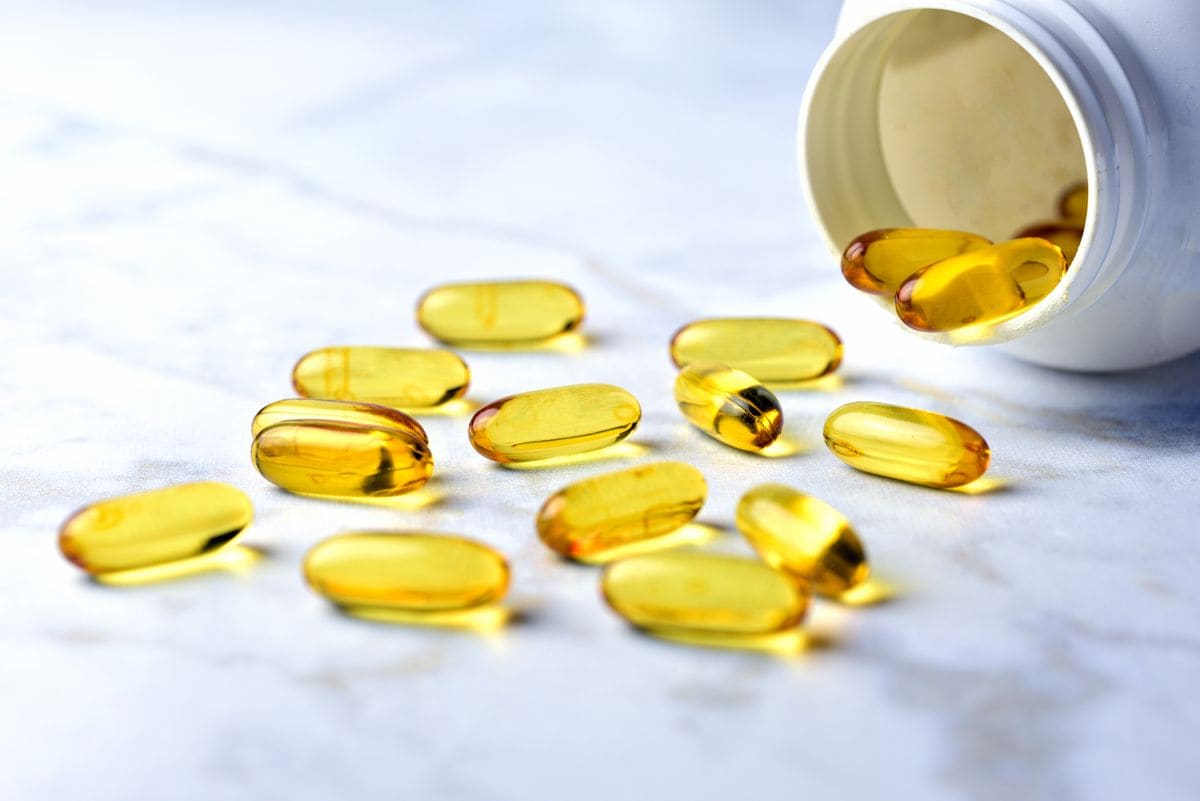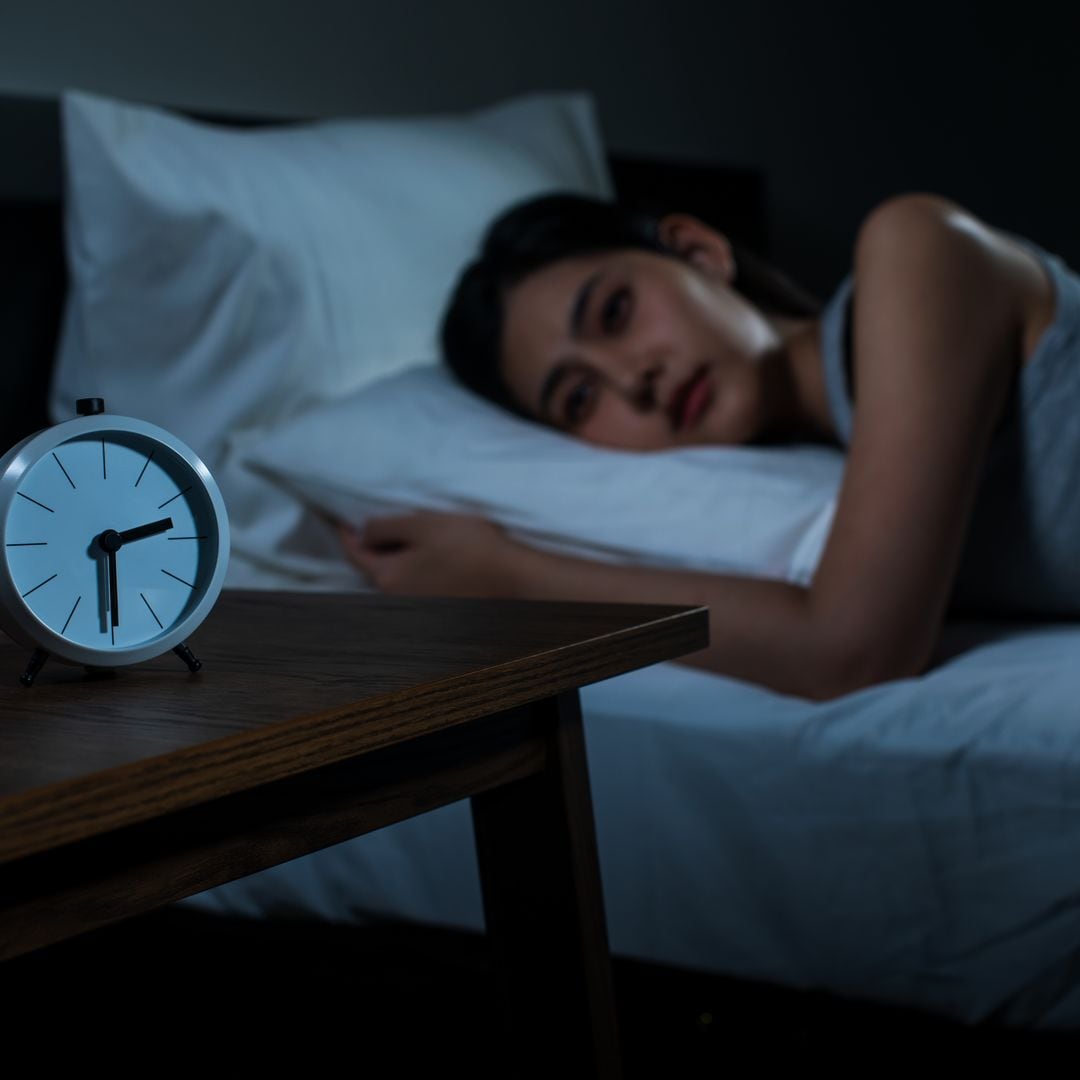Vitamin D could play a significant role in slowing down biological aging. A recent study has found that vitamin D supplementation could potentially "translate into reduced risk of several age-related chronic diseases and extension of lifespan", according to the research's co-author JoAnn Manson, the head of preventive medicine at Brigham and Women's Hospital in Boston.
Manson has studied the impact of vitamin D for years through a trial called VITAL, which saw over 25,000 adults in the US aged 50 and over taking vitamin D3 supplements, omega-3 fatty acid supplements or both or neither every day for a period of five years.
The new study took data from around 1,000 of the trial participants, who gave blood samples at several points over a four-year timeframe. The samples were used to measure a pivotal marker of cellular aging, the length of participants' telomeres.
Telomeres are the protective caps at the ends of chromosomes, similar to the bits of plastic at the end of a shoelace. They shorten over time and are responsible for the start of biological processes that prevent cell division and contribute to aging-related diseases, according to Yale School of Medicine professor Sandy Chang, who wasn't involved in the latest research but is an expert in the field.
Figuring out a way to lengthen telomeres could thereby slow down the aging process.
The study indicates that vitamin D supplements could be useful as individuals who took 2,000 international units (IUs) of vitamin D3 per day lost less of their telomeres over time than those who took a placebo.
Manson said, "It was like preventing three years of aging during that four-year period."
However, the findings are only preliminary at this stage, and Chang pointed out that the study only assessed telomeres within white blood cells, meaning it cannot be concluded what happens in other types of cells.
Significantly, the research didn't assess what the effect actually means for human aging. Chang told Health.com that, "They haven't done the functional study. Are these cells really benefitting from this slight elongation in telomeres?"
The skepticism is shared by David Seres, professor of medicine at the Institute of Human Nutrition at Columbia University Irving Medical Center in New York City.vSeres describes the relationship between vitamin D and telomeres as "a starting place for possible future research" but doesn't think people should rush to start taking capsules.
He argues that further studies are needed to decide whether supplementation is connected to valid health benefits instead of just longer telomeres.
Seres said, "The road is littered with studies of these kinds of associations failing."







